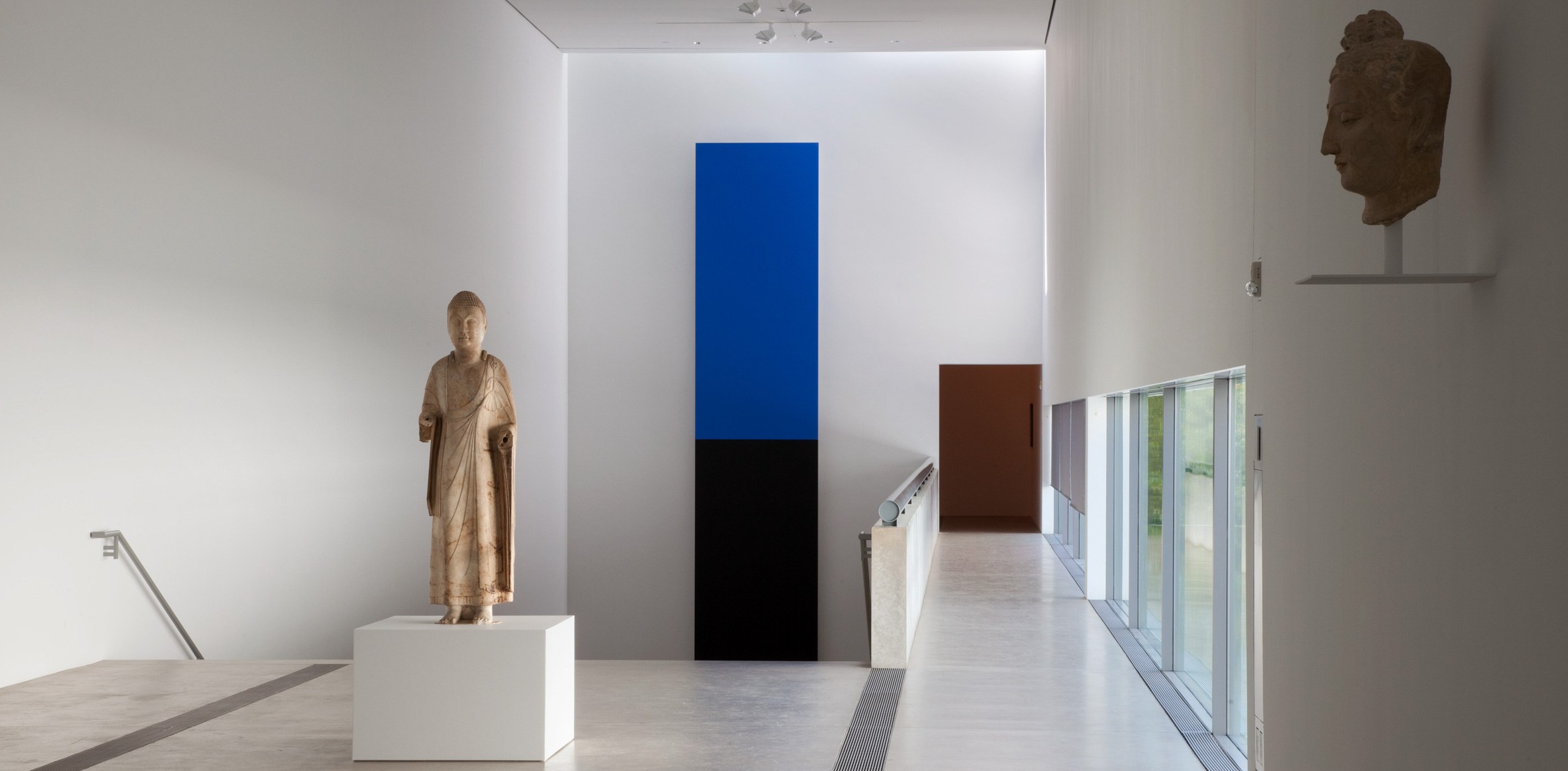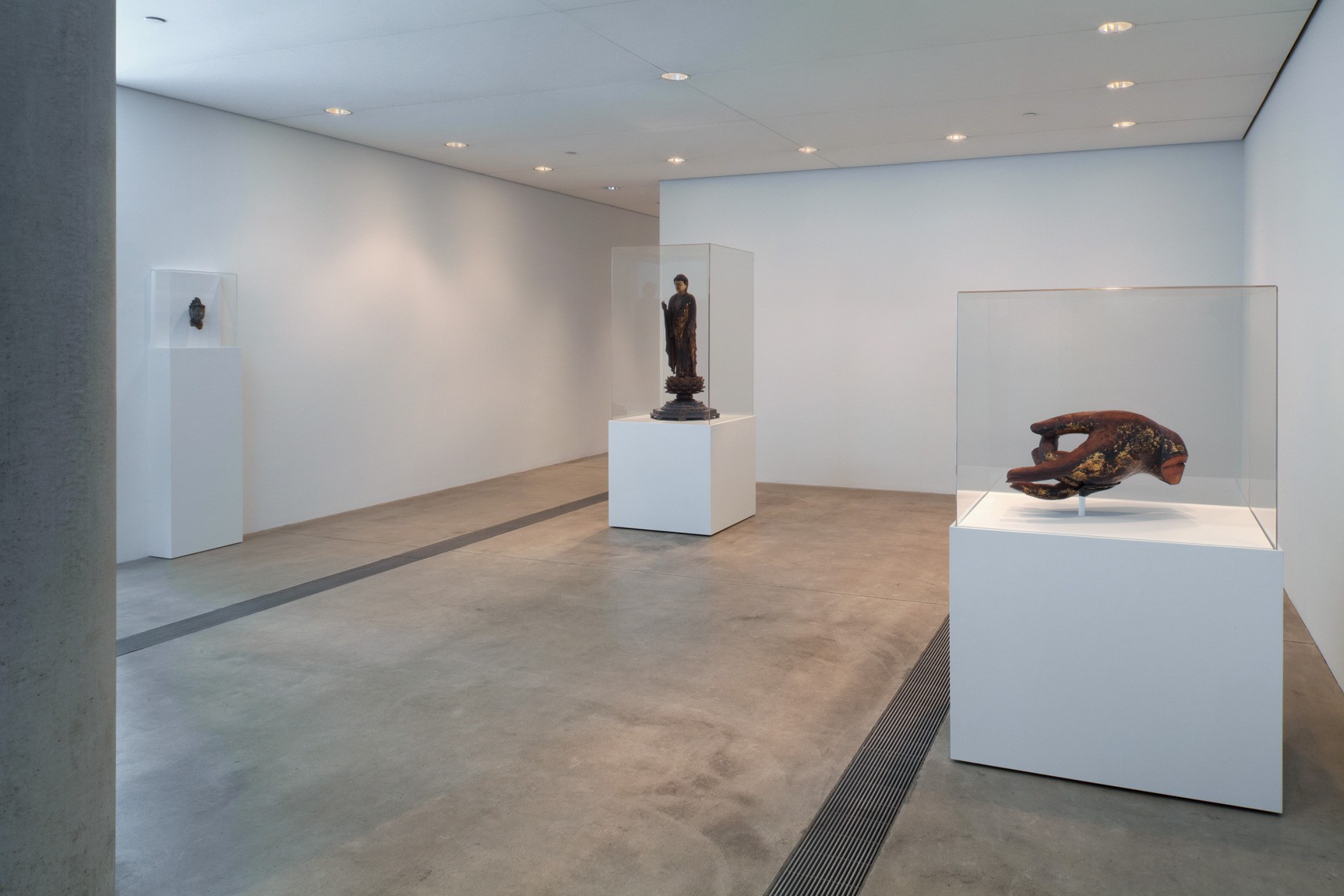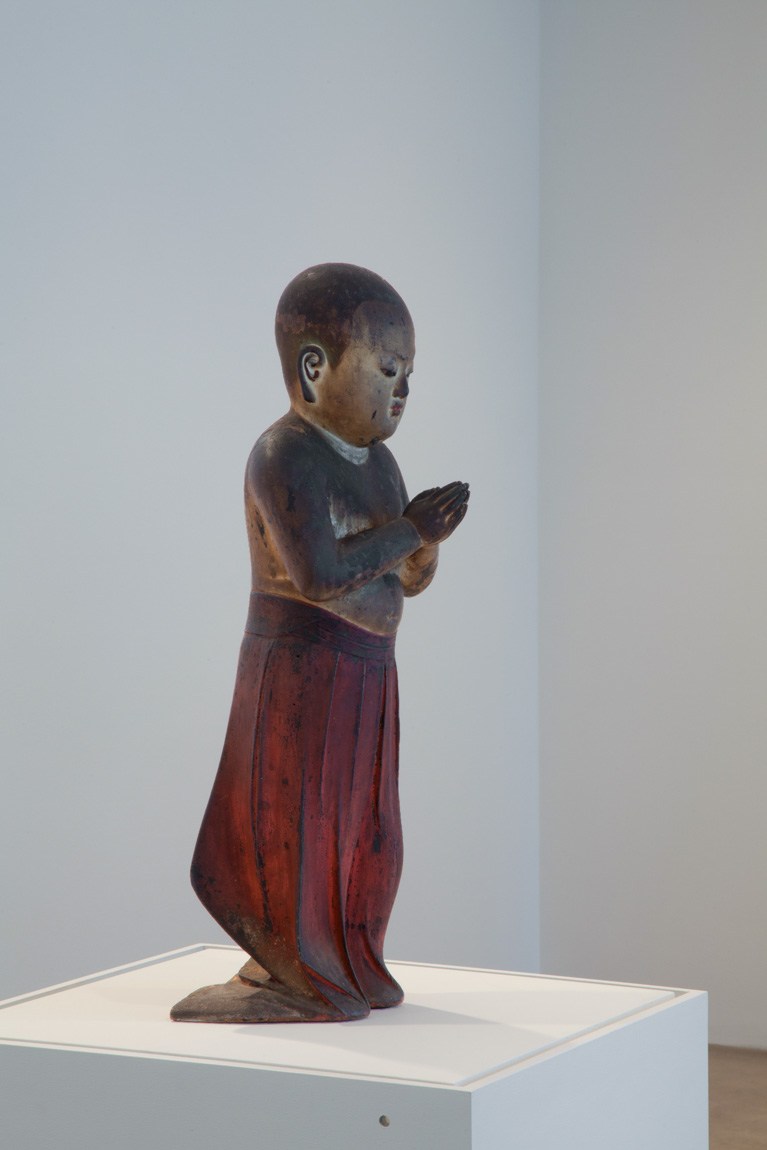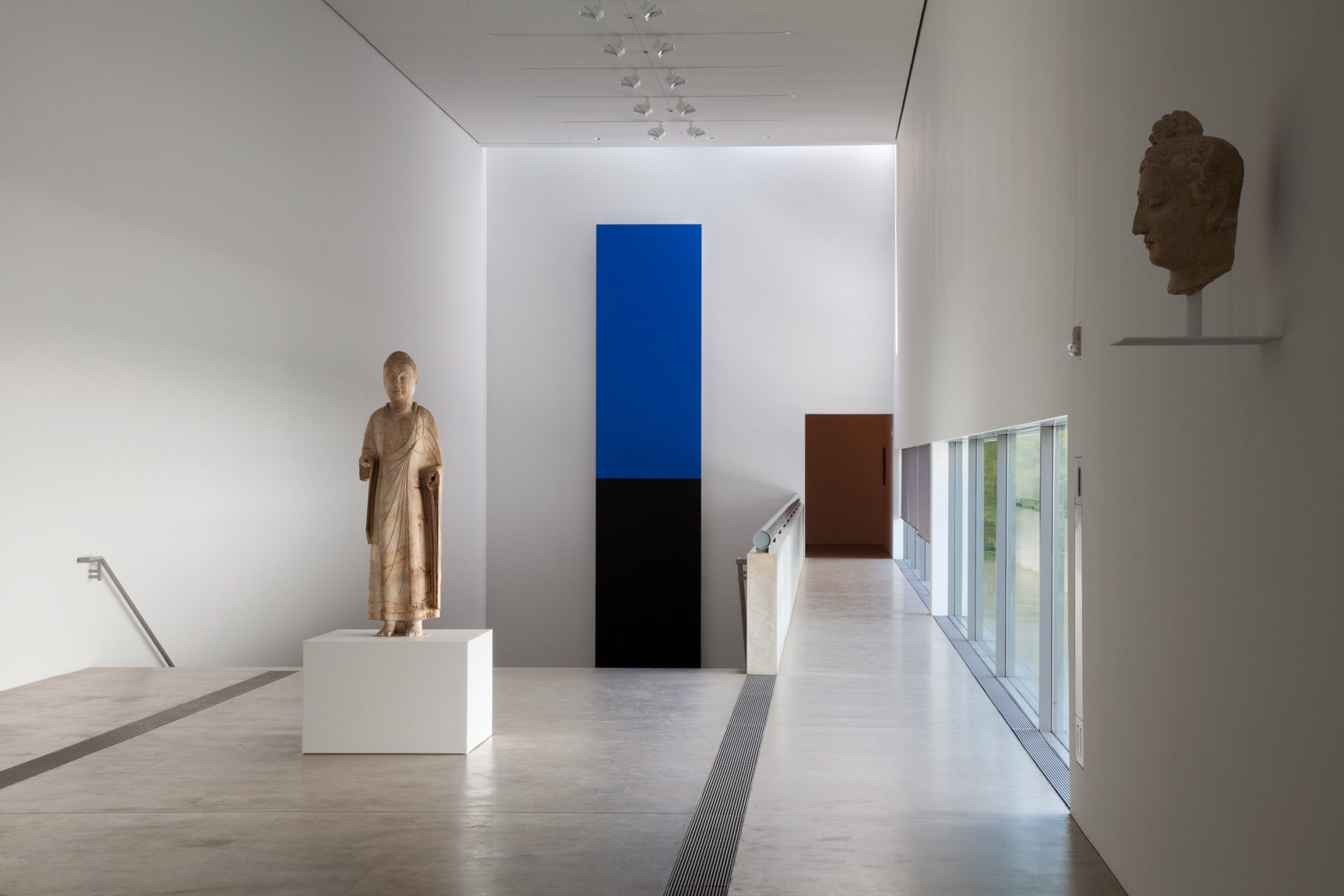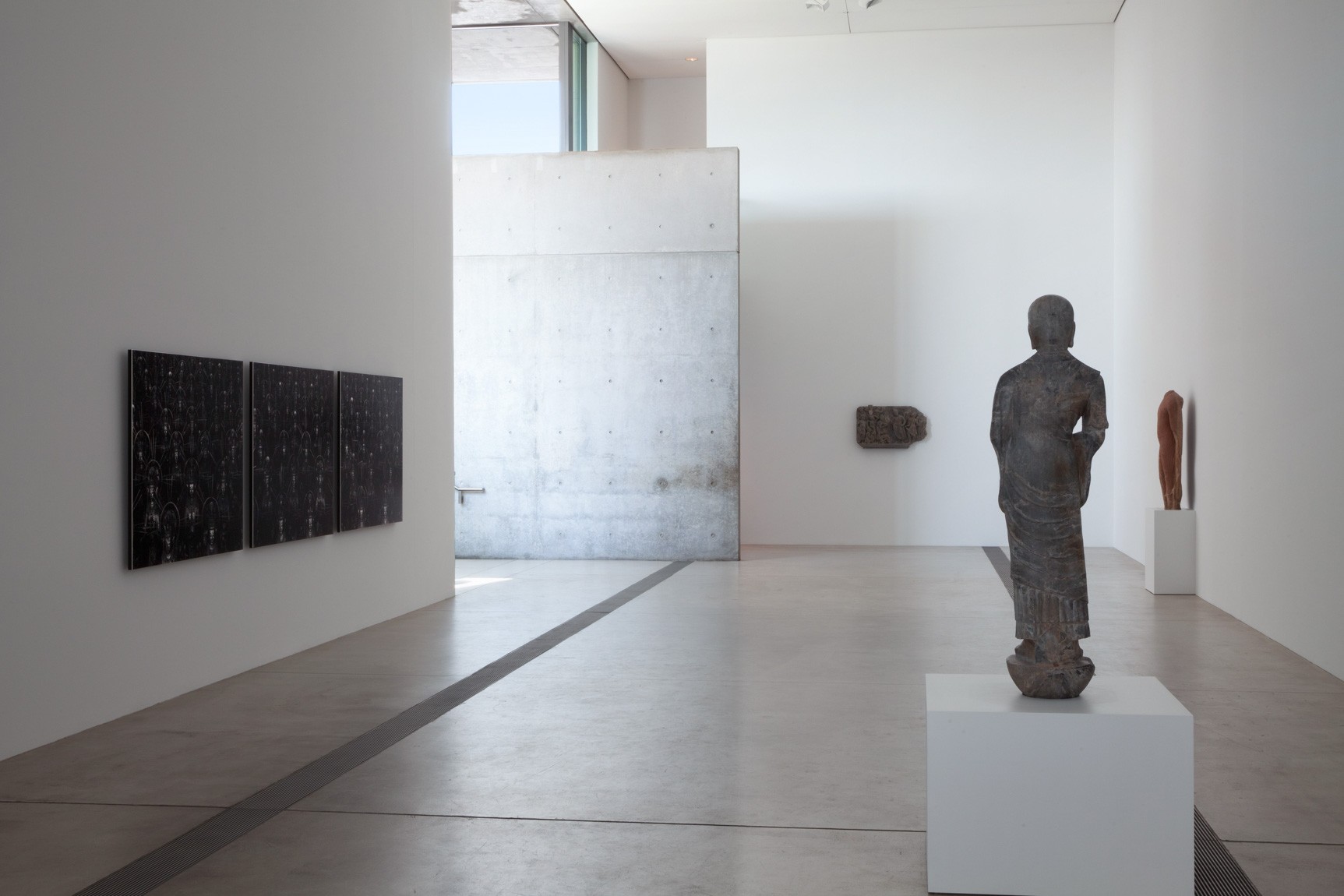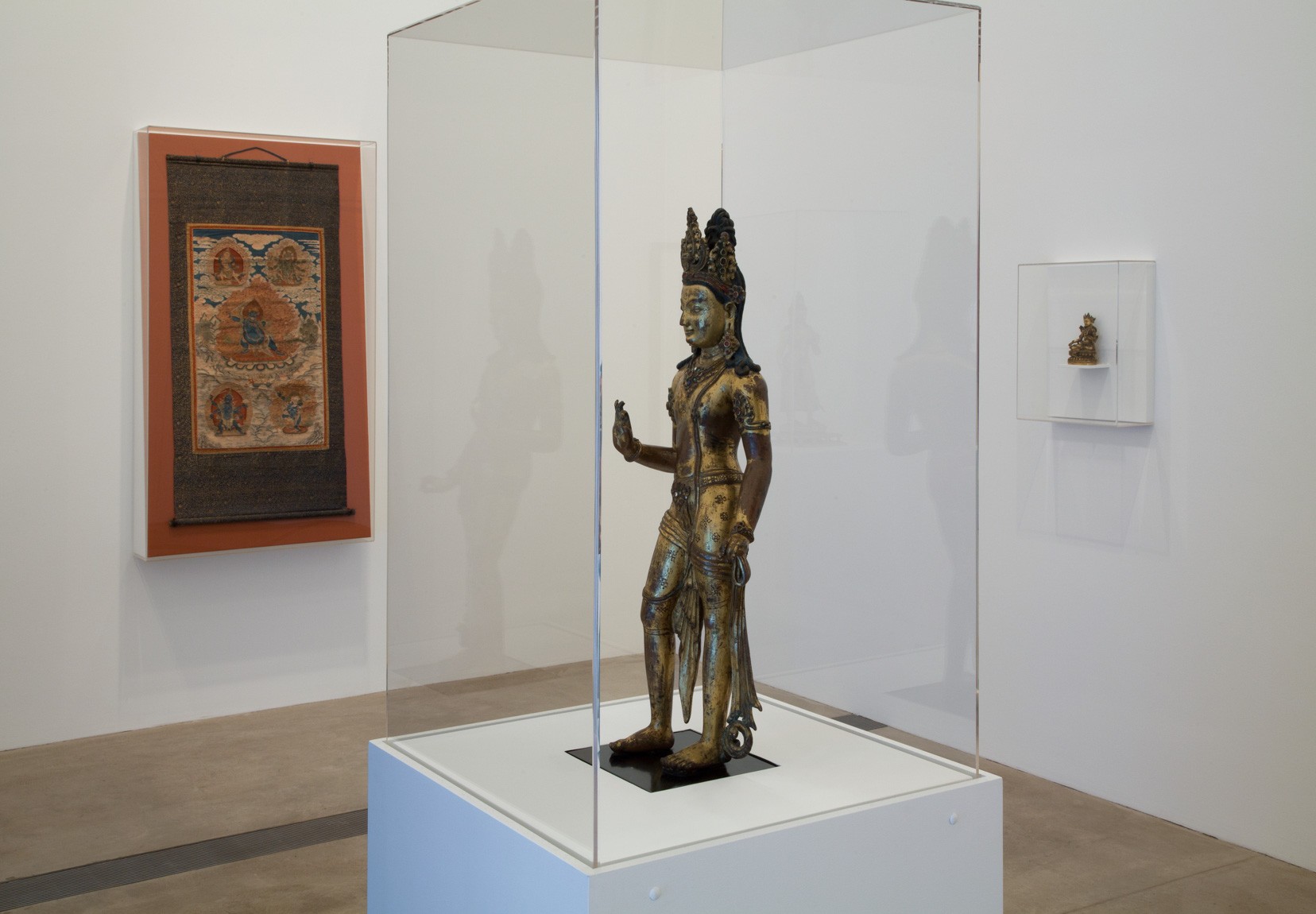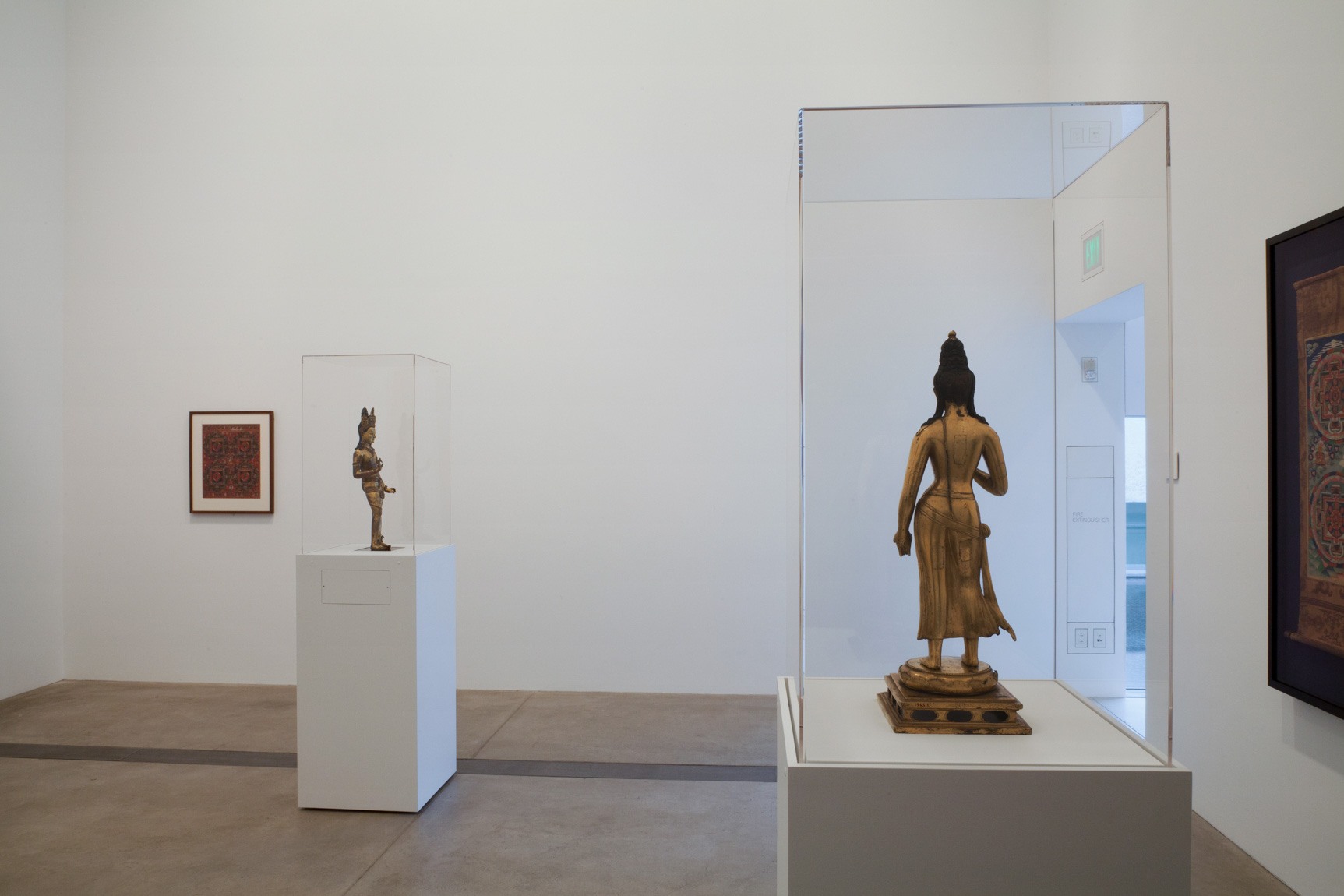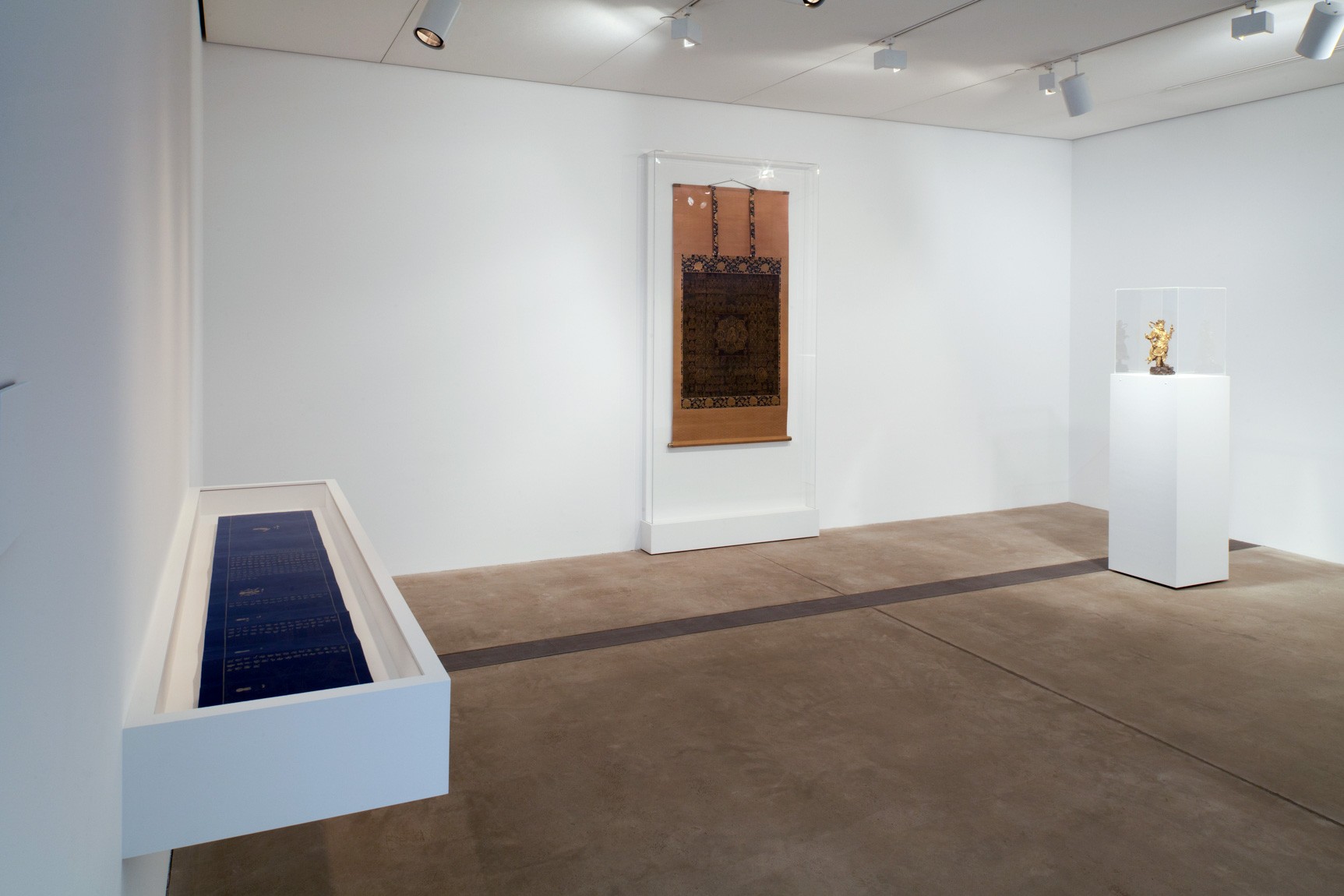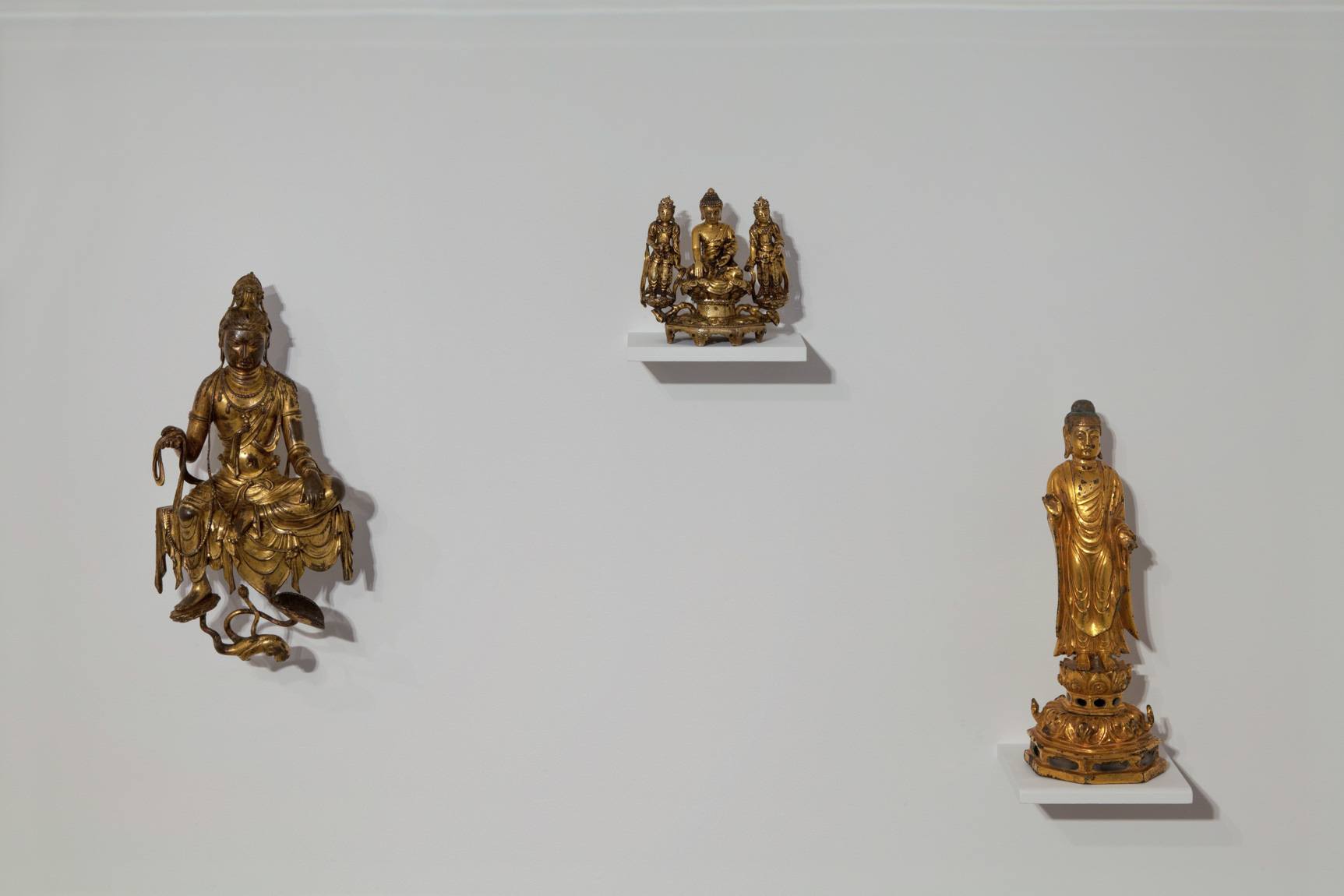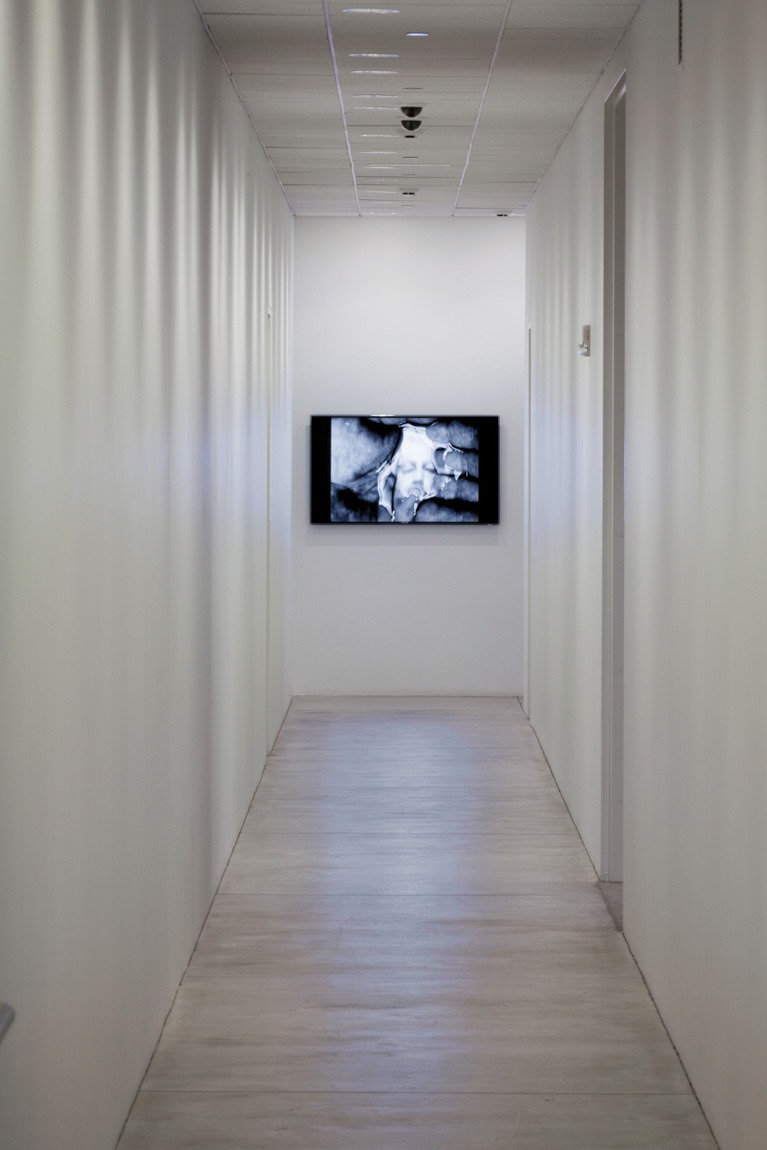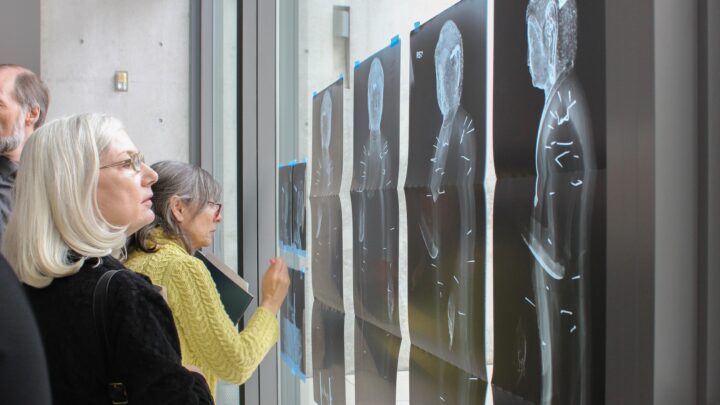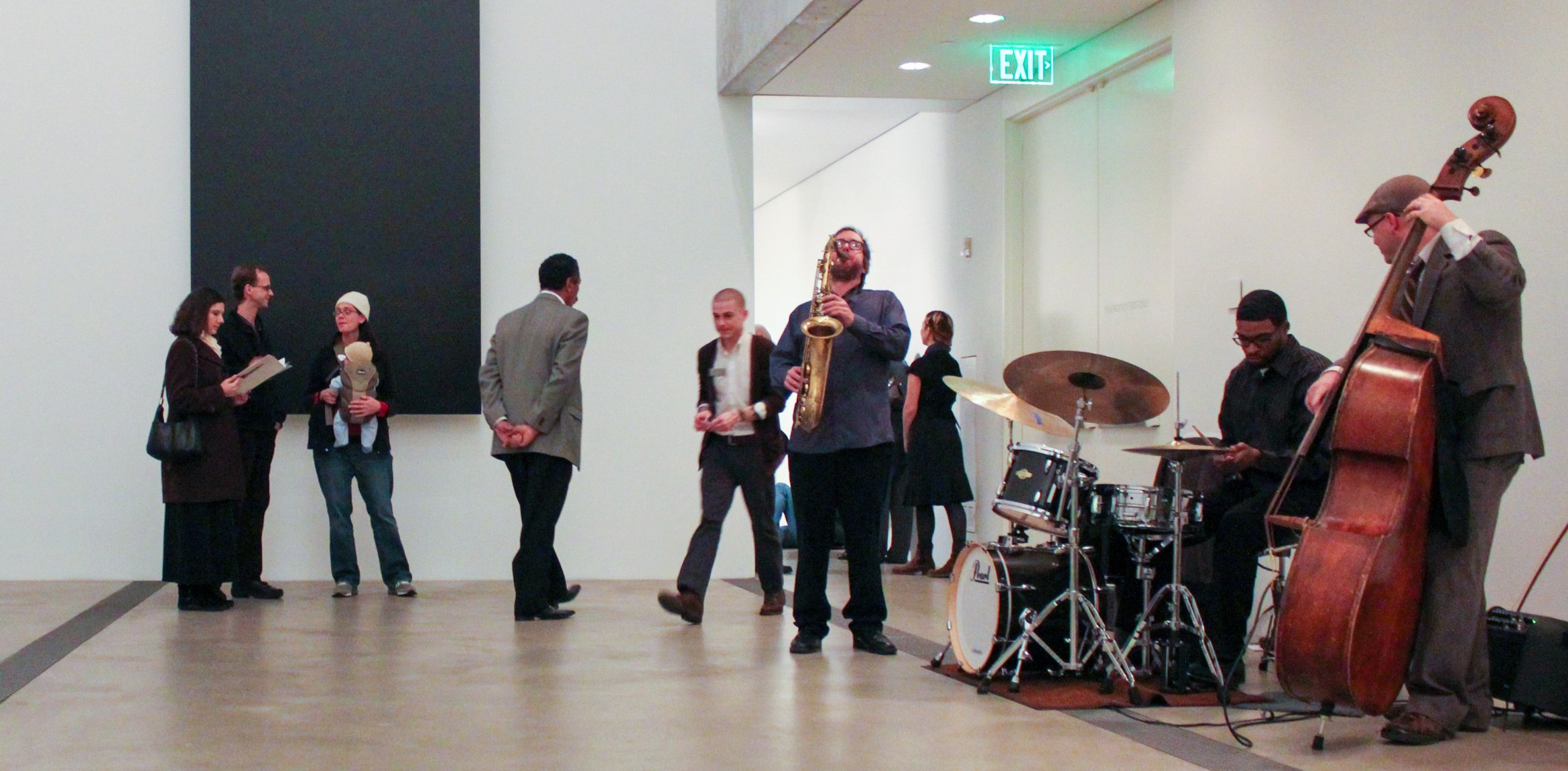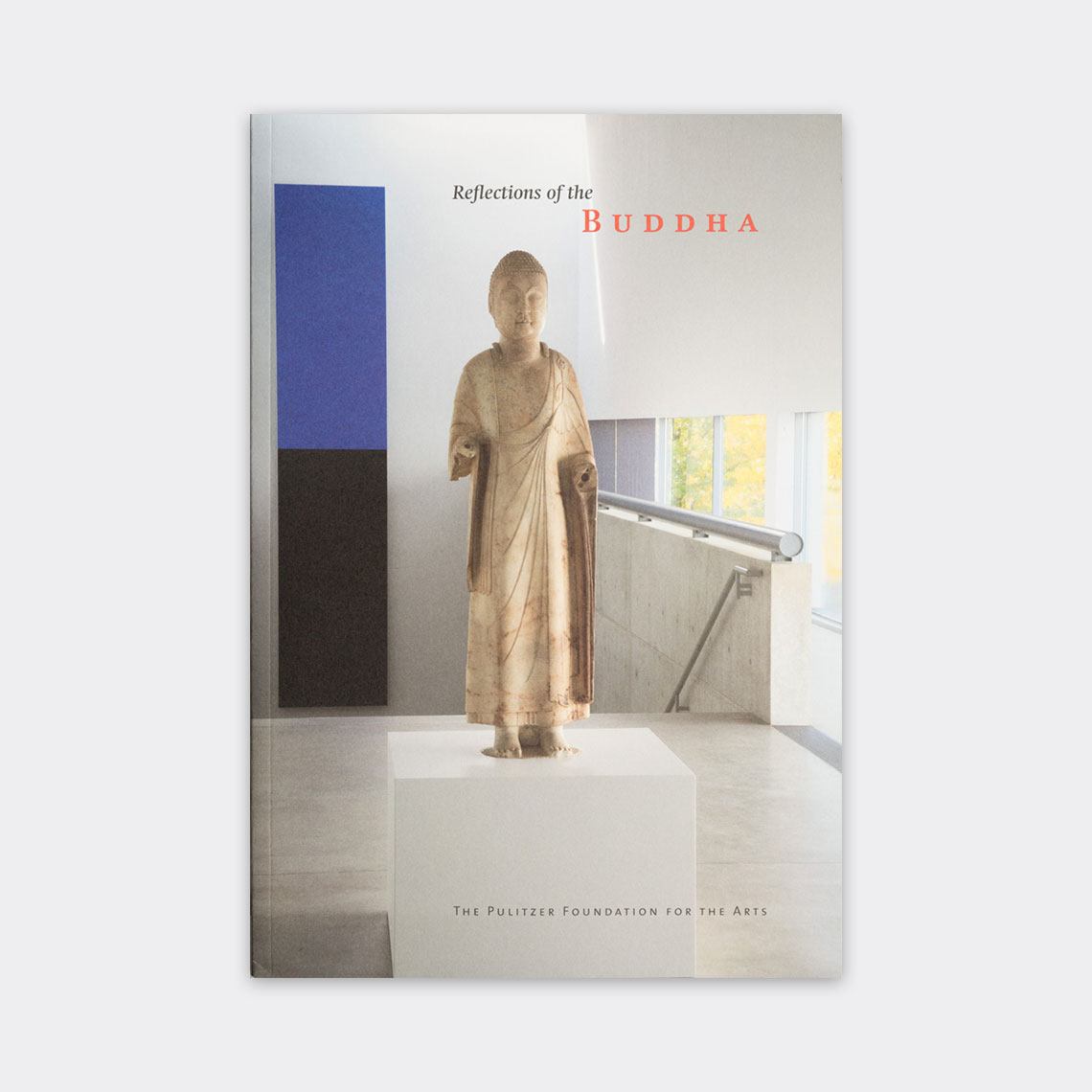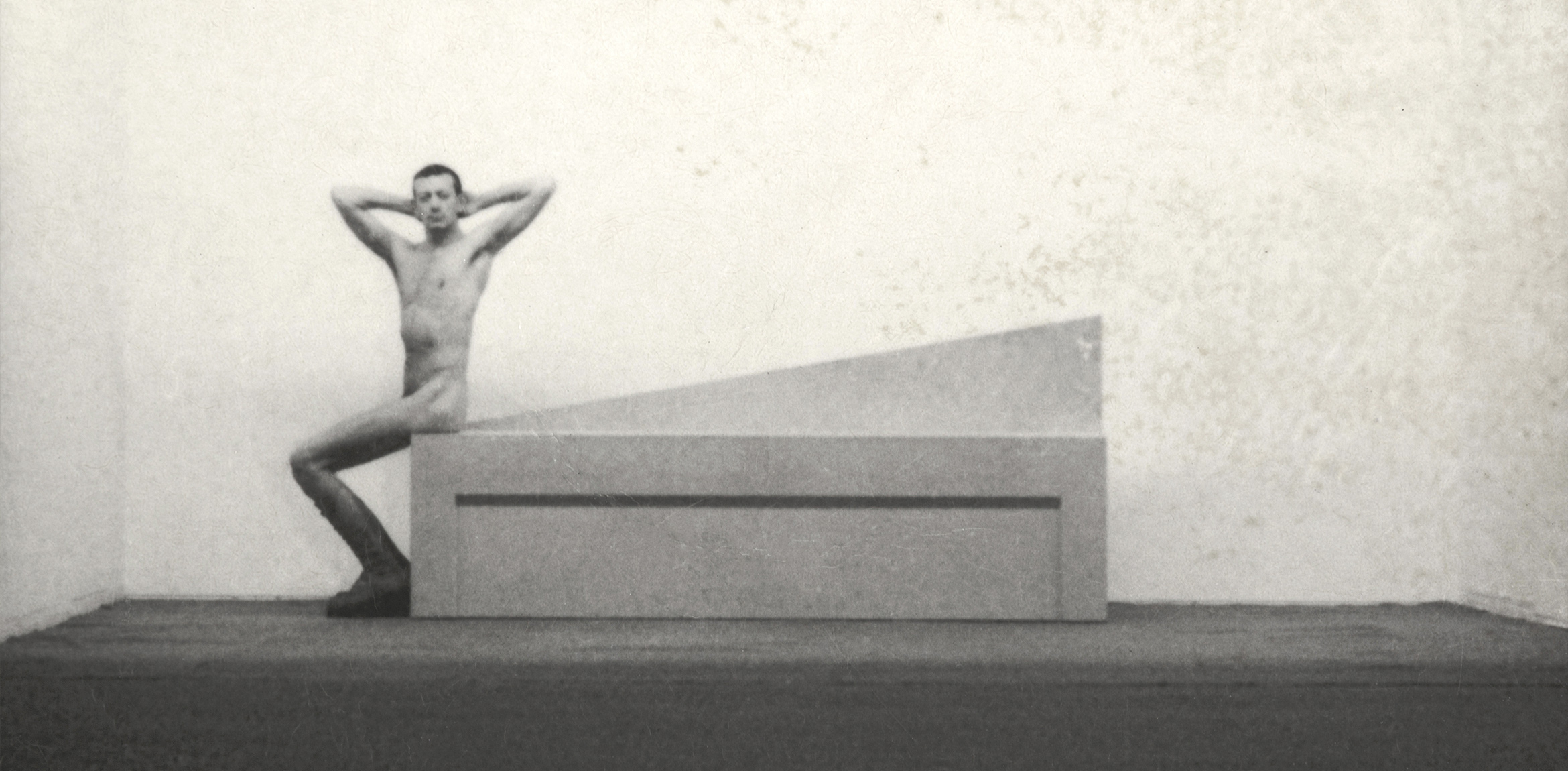By presenting works that traversed both geographic and temporal boundaries, Reflections of the Buddha inspired visitors to delve deeper into the teachings of Siddhartha Gautama, known as the Buddha, as well as the ideas and artistic traditions that evolved to produce these superb works of art. Bringing together over twenty masterpieces from seven important American collections, the exhibition presented a wide range of works that originated in Afghanistan, China, India, Japan, Korea, Mongolia, Nepal, and Tibet, and which represented Buddhist cultures from the second century to the twentieth century. In dialogue with Tadao Ando’s architecture, the exhibition invited a contemplative atmosphere for considering these works in the present.
In addition to being one of Asia’s leading architects, Tadao Ando is known throughout the world for his use of simple geometries, natural light, and modest materials. Through his mastery of light and space, Ando designs buildings that he considers both sacred and secular; at the Pulitzer, his architecture’s serene openness allows for either possibility. Reflections of the Buddha presented the works not only as compelling examples of diverse Buddhist traditions, but also as visual expressions of the indescribable state of being known as enlightenment. Each work was given ample space to respond to the architecture in such a way as to encourage mindful looking and reflection.
This exhibition allowed Pulitzer Arts Foundation to develop partnerships and programs that explored the works in a variety of ways. Throughout the planning and installation of the exhibition, Ph.D. Candidates in History of Art and Architecture at Harvard University conducted intensive object research that resulted in new scholarship in the field of Buddhist art. The exhibition also revived the Pulitzer’s Staging program—a collaboration with Prison Performing Arts, Washington University in St. Louis, St. Patrick Center, and Employment Connection—which invited a group of former prisoners and homeless veterans to participate in weekly workshops, meditations, theatrical exercises, and rehearsals that led up to an original performance piece created by the actors themselves. Through these programs and others, Reflections of the Buddha positioned art as a force for new knowledge, social change, and personal growth.
